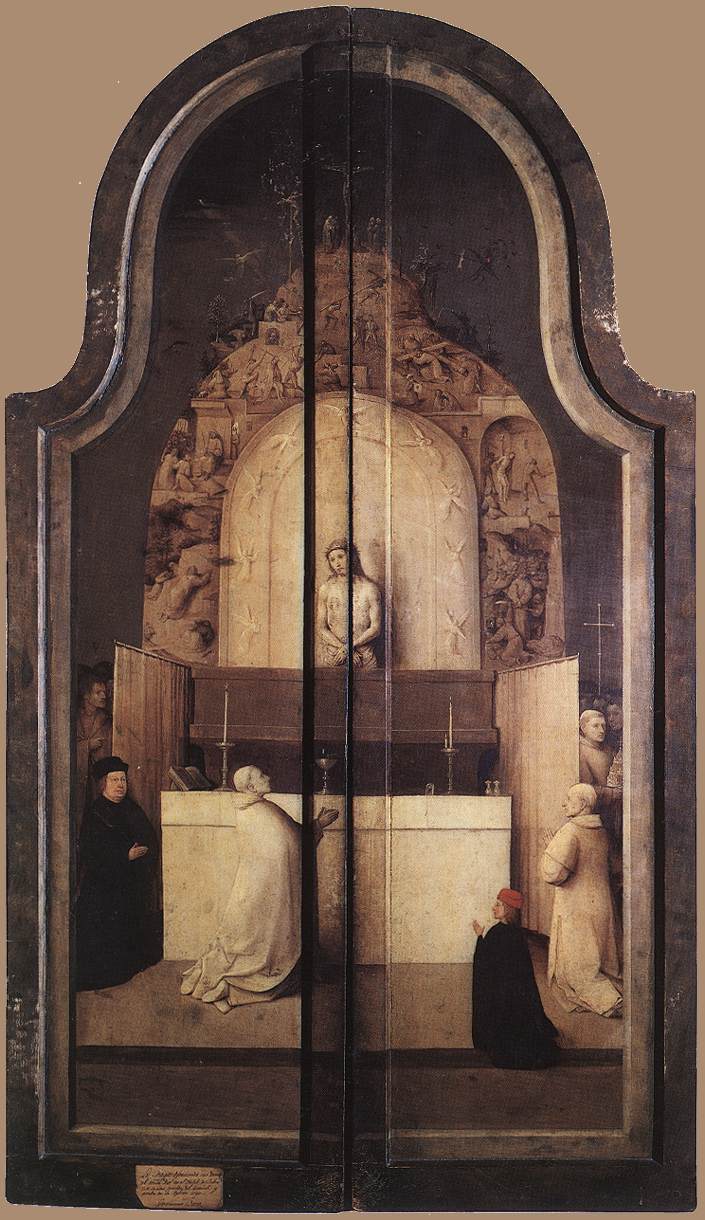Description
The painting Triptych of the Adoration of the Magi (closed) by artist Hieronymus Bosch is a Flemish Renaissance masterpiece noted for its complexity and symbolic richness. The work was created in the fifteenth century and is currently in the Prado Museum in Madrid.
The painting is divided into three panels, the central one being the largest. In it, the scene of the Adoration of the Magi is represented, where the three kings are seen offering their gifts to the Child Jesus and to the Virgin Mary. The composition is highly detailed and full of symbolic elements, such as the star that guides the Magi, the animals that accompany them, and the objects found on the ground.
The side panels show Saint Joseph and Saint John the Baptist, who look towards the center of the work. In them, you can see details such as the clothing of the characters and the background landscapes.
Bosch's artistic style is characterized by the exaggeration of shapes and the intensity of colours. In this work, you can appreciate the golden and red tones of the characters' clothing, as well as the green and blue of the background landscapes.
The history of the painting is interesting, since little is known about its origin and authorship. It is believed to have been commissioned by a noble family of the time and painted by Bosch in his workshop in the town of 's-Hertogenbosch, in the Netherlands.
Regarding little-known aspects, it has been speculated that the painting could have a hidden meaning related to alchemy and Christian mysticism. Some have interpreted the star that guides the Magi as a symbol of the sun, while others have seen references to hermetic philosophy in the objects found on the ground.
All in all, Triptych of the Adoration of the Magi (closed) is a fascinating work of art that continues to capture the attention of viewers today. Its symbolic richness and unique artistic style make it a key piece of the Flemish Renaissance and one of Hieronymus Bosch's most outstanding works.

